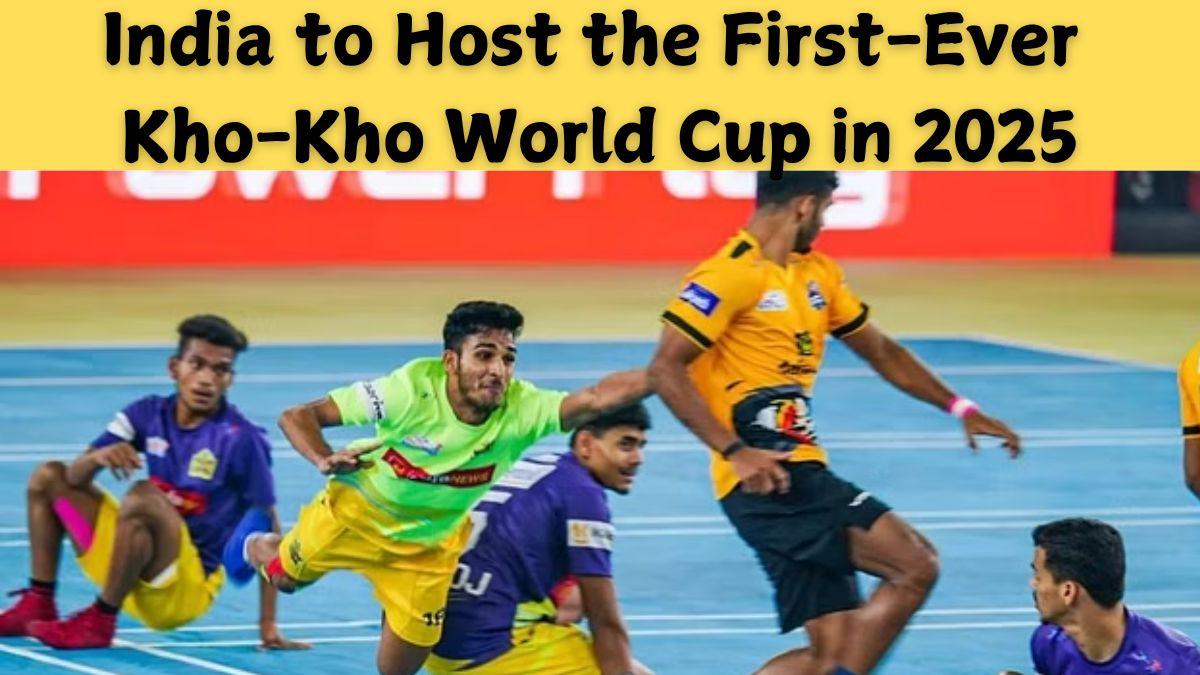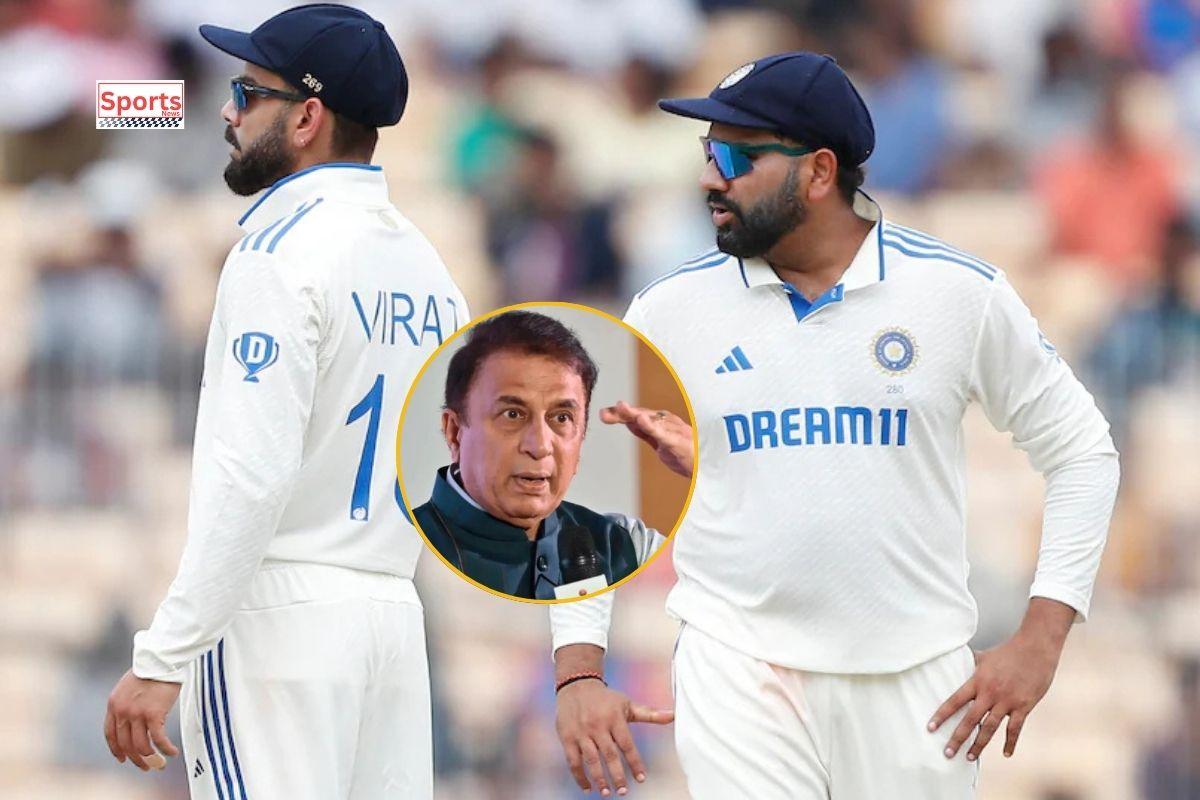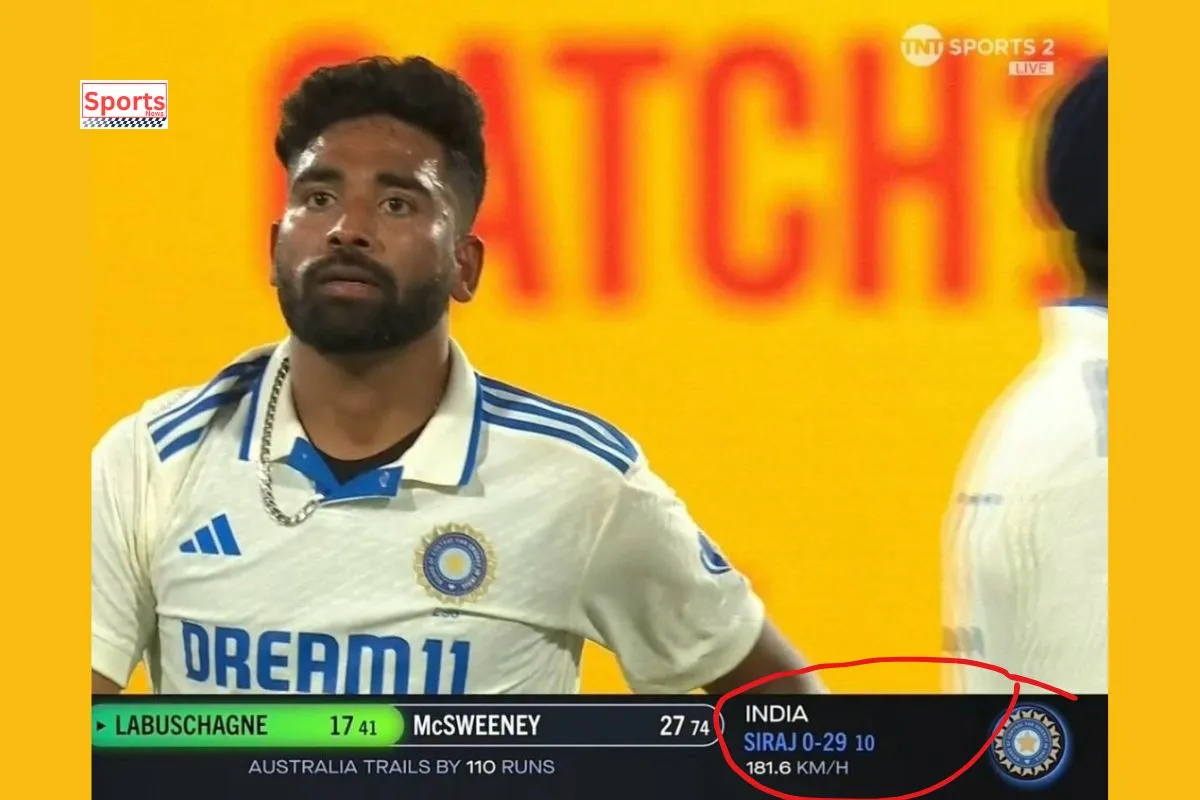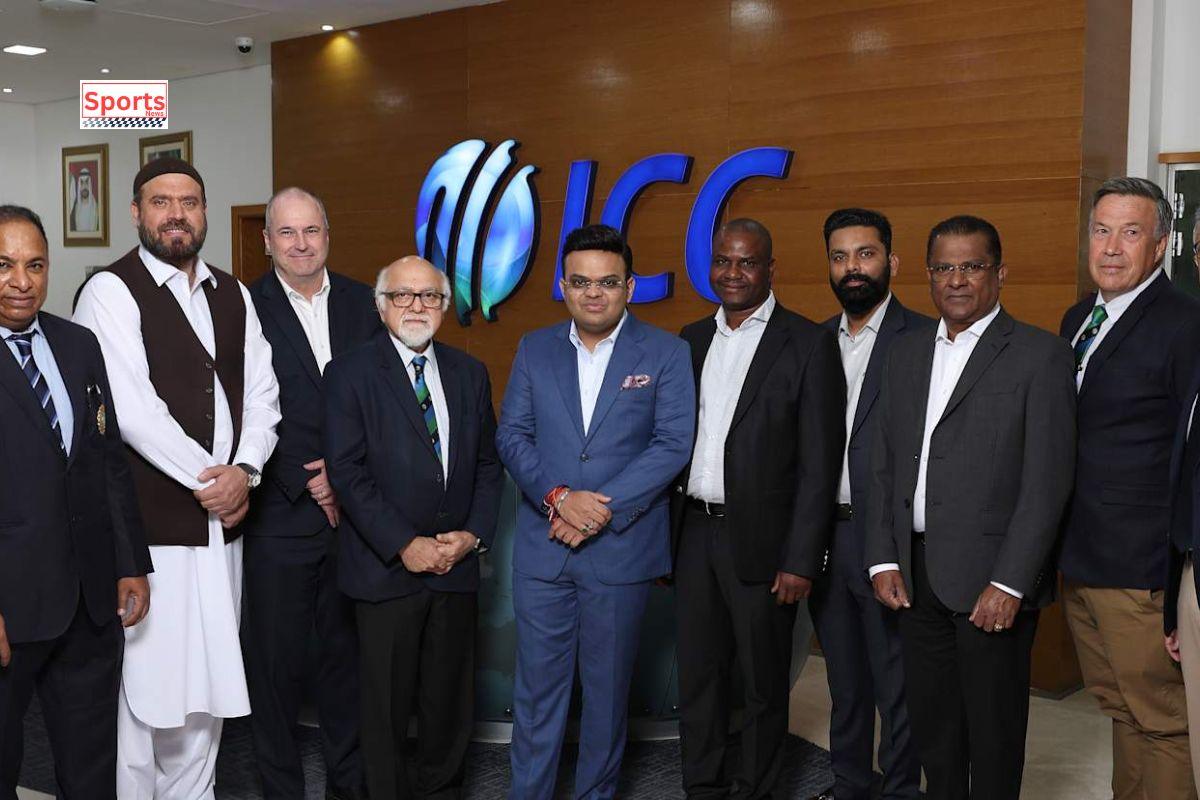India will host its first-ever Kho Kho World Cup in January 2025, featuring 24 countries competing across men’s and women’s categories. This landmark event aims to promote traditional sports globally while fostering cultural exchange and boosting local economies.
In a historic announcement, the Kho Kho Federation of India (KKFI), in collaboration with the International Kho Kho Federation (IKKF), has confirmed that India will host the inaugural Kho Kho World Cup in 2025. This landmark event is set to take place from January 14 to January 19, 2025, and will feature participation from 24 countries across six continents, including 16 men’s and 16 women’s teams.
Overview of Kho Kho
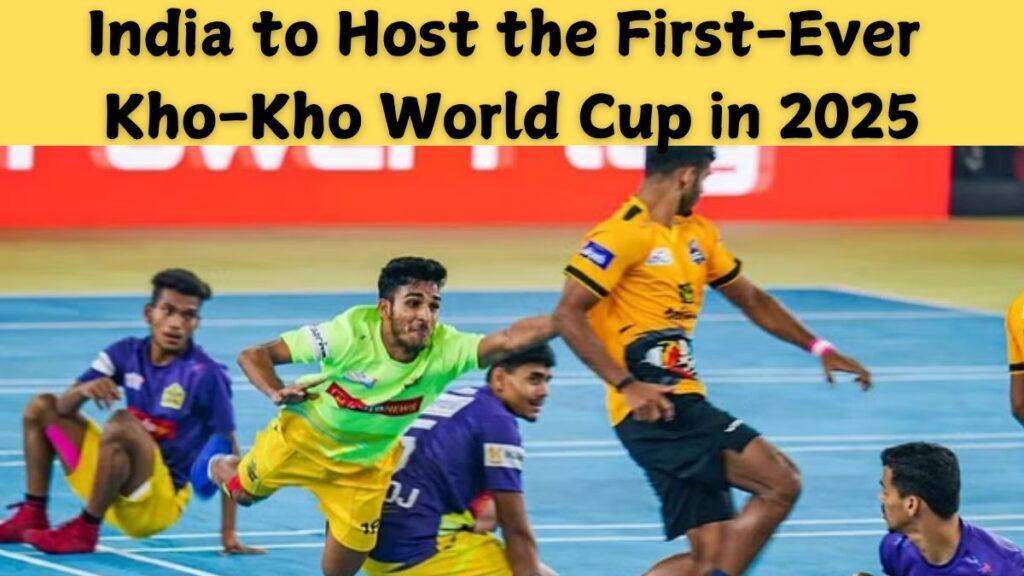
Kho Kho is a traditional Indian sport that has its roots deeply embedded in the country’s culture. Originating as a mud-based game, it has evolved into a competitive sport played on mats, gaining recognition in various countries. Currently, Kho Kho is played by athletes from 54 nations, showcasing its growing global footprint. The sport emphasizes agility, teamwork, and strategic thinking, making it an exciting spectacle for both players and spectators.
Significance of the 2025 World Cup
- Global Exposure: Hosting the World Cup provides an unparalleled opportunity for Kho Kho to gain international recognition. It will attract global interest and participation, showcasing the sport’s beauty and competitive spirit.
- Cultural Exchange: The tournament aims to foster cultural exchange among participating nations, promoting unity through sports. This aligns with KKFI’s vision of using sports as a medium for diplomacy and friendship.
- Promotion of Traditional Sports: In a country where cricket dominates the sports landscape, the World Cup serves as a platform to promote other traditional sports like Kho Kho. This can inspire younger generations to engage with their cultural heritage through sports.
- Economic and Tourism Benefits: The influx of athletes and fans from around the world is expected to boost local tourism and businesses, contributing positively to the economy.
Preparations Leading Up to the Event
To ensure the success of this monumental event, KKFI has laid out several initiatives:
- School Engagement Programs: The federation plans to introduce Kho Kho in 200 elite schools across 10 cities in India. This initiative aims to cultivate interest among school students and promote grassroots participation.
- Membership Drive: KKFI intends to enroll at least 5 million players through a dedicated membership campaign targeting school students. This effort is crucial for building a sustainable future for the sport.
- Training and Workshops: In preparation for the World Cup, workshops and training camps will be organized to enhance players’ skills and familiarize them with international competition standards.
read more: New controversy: CSK physiotherapist reacted to Bhajji’s statement
Vision for the Future
Shri Sudhanshu Mittal, President of KKFI, expressed his enthusiasm regarding the World Cup, stating that it represents more than just competition; it is about bringing nations together and promoting cultural exchange. He emphasized that this tournament is a significant step toward making Kho Kho an Olympic sport by 2032. The aspiration reflects a broader goal of elevating traditional Indian sports on an international platform.
Tournament Structure
The tournament will be structured as follows:
- Participating Nations: A total of 24 countries will compete, highlighting the global interest in Kho Kho.
- Men’s and Women’s Categories: There will be equal representation with 16 teams each in men’s and women’s categories, promoting inclusivity in sports.
- Round-Robin Format: Teams will compete in a round-robin format leading up to knockout stages, ensuring that each team has multiple opportunities to showcase their skills.
Challenges Ahead
While hosting the World Cup presents numerous opportunities, there are challenges that need addressing:
- Sustaining Interest: It is essential to maintain global interest in Kho Kho beyond the World Cup. Continuous engagement through leagues and competitions will be crucial.
- Investment in Infrastructure: Other nations must invest in training facilities and competitive leagues to develop talent and keep up with international standards.
Conclusion
The announcement of India hosting the first-ever Kho Kho World Cup in 2025 signifies a monumental step for this indigenous sport on an international stage. It not only aims to elevate the profile of Kho Kho but also represents India’s commitment to promoting traditional sports globally. As preparations unfold, all eyes will be on India as it gears up for this historic event that promises to celebrate culture, competition, and camaraderie among nations.
Discover more from RVCJ News Media
Subscribe to get the latest posts sent to your email.
